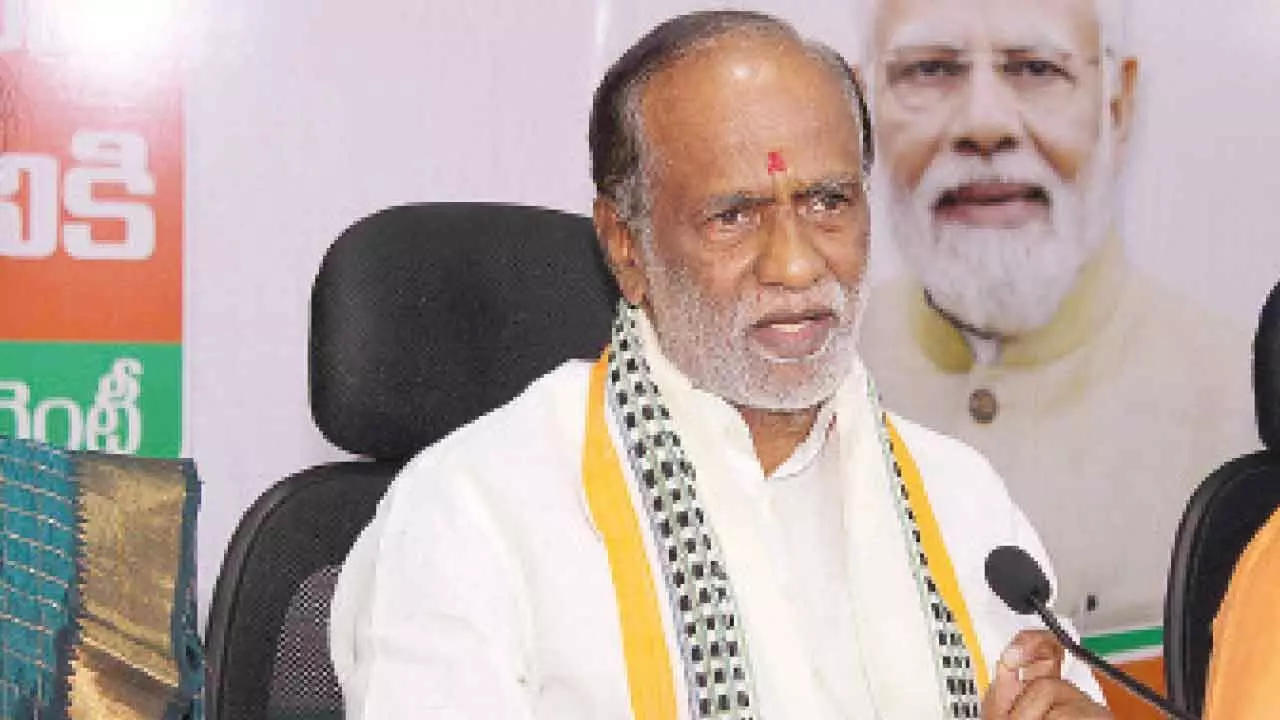Hyderabad: Is it time for the Telangana State government to address the functioning of the State Endowment Department? Many believe that the department should stop making decisions about starting institutions and schools without consulting the community and giving proper notifications. Some argue that the department should abandon its colonial-style administration methods, inherited from British rule and later passed on to Andhra Pradesh and Telangana.
These concerns arose after a recent meeting about the development of the Vemulawada Temple. During the meeting, the Endowment Department was asked to create plans for starting a Vedic School. However, there seems to be no clear purpose or long-term goals for the proposed school. Sources say that there hasn’t been much thought about how the school will evolve in the future or what exactly it aims to achieve.
When asked about the proposal, officials from the State Endowment Department explained that the goal is to promote learning different branches of the Vedas and ritual practices. They added that this approach has been in place since the time of United Andhra Pradesh under the Endowment Department.
Historically, the department has operated under a model from the British colonial era, with the Commissioner of Endowments closely monitored by the State Revenue Department. This system has been in place for over 75 years, even after the British left India.
One major issue is that the department lacks a dedicated research wing focused on Hindu studies, even though it handles temple administration daily. Passing the State service commission exam is seen as enough qualification to manage temple affairs, despite temples representing thousands of years of tradition, culture, and heritage. Most staff involved in temple management are neither qualified nor educated in Hindu studies, temple traditions, architecture, sculpture, or other related fields.
The department’s activities mainly focus on construction for pilgrim amenities, increasing paid services to deities, and creating schemes to collect more funds. There has been little innovation or fresh thinking in how the department operates. The department seems more focused on revenue than on preserving or promoting the rich cultural and religious heritage of Hindu temples.
For example, while Telangana has explored international collaboration in areas like cybersecurity, there has been little focus on Hindu studies. Estonia’s University of Tartu has been studying Hinduism for over 200 years, yet the Endowment Department in Telangana has not made similar efforts to support research or education on Hindu traditions.
There are many foreign universities in Europe and the West studying Hindu traditions, including schools of thought like Nyaya-Vaiseshika. However, despite the Telangana Charitable and Hindu Religious Institutions and Endowments Act, 1987, which includes Buddhists, Jains, and Sikhs under its protection, the Endowment Department has not contributed to research or publications on important figures like Acharya Nagarjuna.
In conclusion, while other countries and institutions are investing in the study of Hindu traditions, the Telangana Endowment Department has not established any institutions or research centers for the study of Hinduism. This raises the question: why is the department not investing in preserving and studying its own religious and cultural heritage, despite having the resources to do so?











